Engaging with the
wider union family
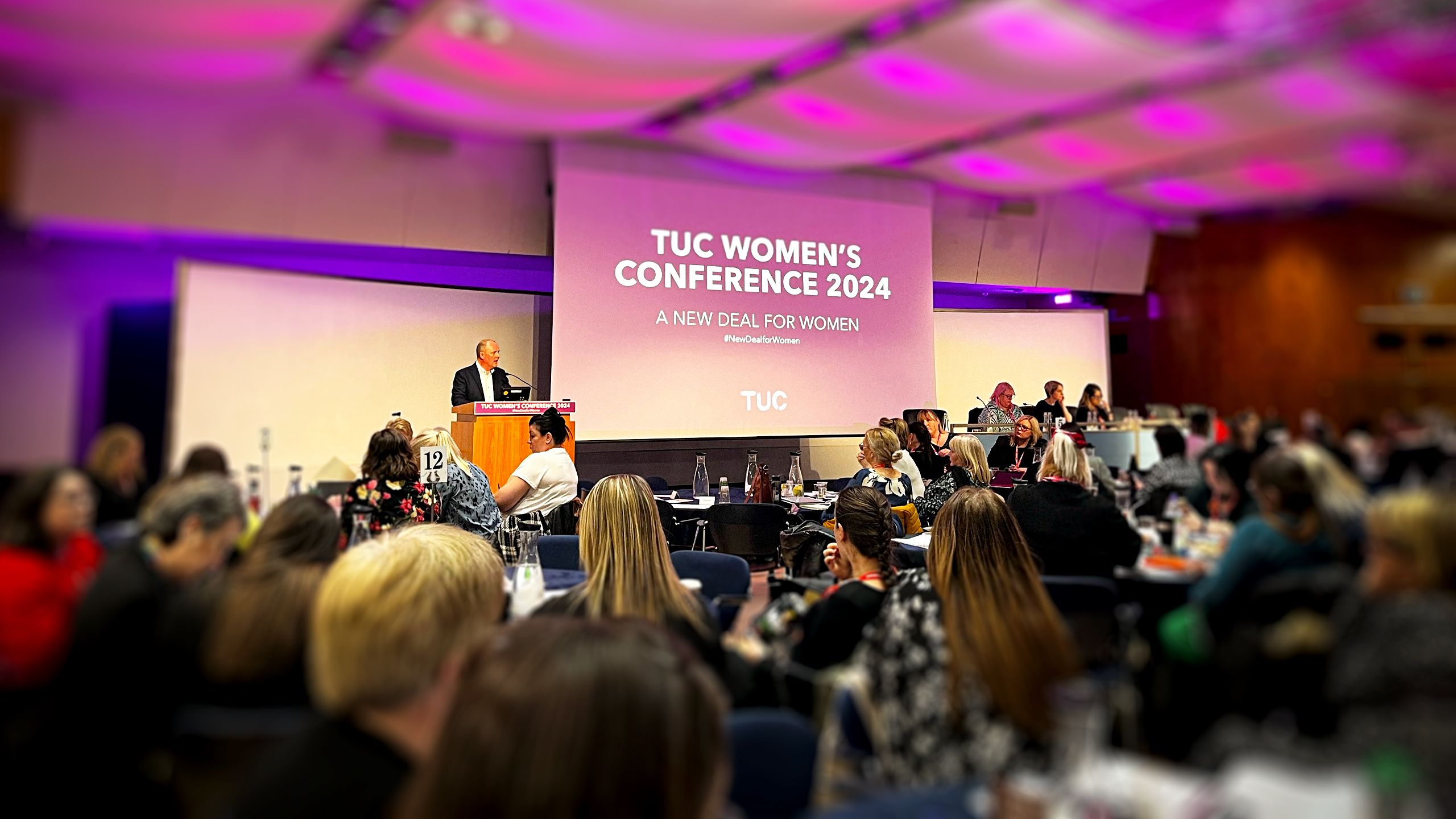
Journalist Nic Paton explores how NAHT is building significant links with the Trades Union Congress and the difference it is making for school leaders.

SUZANNE OWENS,
BRANCH SECRETARY OF NAHT’S ISLE OF MAN BRANCH AND VICE PRESIDENT OF NAHT’S NORTH WEST REGION
For Suzanne Owens, attending the Trades Union Congress’s (TUC’s) Women’s Conference in March was not just a refreshing departure from the rigours of the day-to-day school ‘coalface’ but an experience that was inspirational, uplifting and reinvigorating for her as a school leader and committed NAHT member.
“Everyone felt together – that we can actually do something and make a difference,” recalls Suzanne, who is branch secretary of NAHT’s Isle of Man branch and vice president of NAHT’s north west region.
“We were meeting as a region and discussing upcoming conferences and how we wanted to build more links with the TUC. I just thought it sounded like a great experience.
“The fact it was the Women’s Conference as well was obviously of interest to me. So, I volunteered and said I would go; it was just a really good opportunity,” Suzanne adds.
The TUC has long run a series of equality conferences during the spring and summer, and this year was no exception. Along with its Women’s Conference, which ran from 6 to 8 March (meaning it also, of course, coincided with International Women’s Day on the final day), there was the Black Workers’ Conference from 26 to 28 April, the Disabled Workers’ Conference from 23 to 24 May and finally the LGBT+ Conference from 27 to 28 June.

PAUL WHITEMAN,
NAHT GENERAL SECRETARY
As a member of the TUC, NAHT is entitled to send up to 10 delegates to each conference. As NAHT general secretary Paul Whiteman emphasises, this opportunity to engage with and learn from the wider union ‘family’ is an important part of NAHT’s work to build momentum and progress when it comes to equality, equity, diversity and inclusion.
“This is such a barometer of our progress over the last seven years,” he tells Leadership Focus. “We’ve always been adamant that we don’t want it just to be window-dressing when it comes to equalities. Taking part in events with the wider TUC and learning from its work, as well as from other unions and industries, will only supplement and help our understanding of how to achieve our goals.
“We know you can’t set an end goal when you’re talking about equalities; it is never ‘job done’. Working for greater equality is a struggle that will never end. What we have to do, therefore, is make sure that in everything else we’re doing, we’re talking about and thinking about these characteristics that are protected by law.
“It is about taking part in that wider debate. It is about how do we improve things across industries and professions? How do we begin? What has worked for other unions? What hasn’t perhaps worked? It is simply sharing experiences to give people strength,” Paul adds.




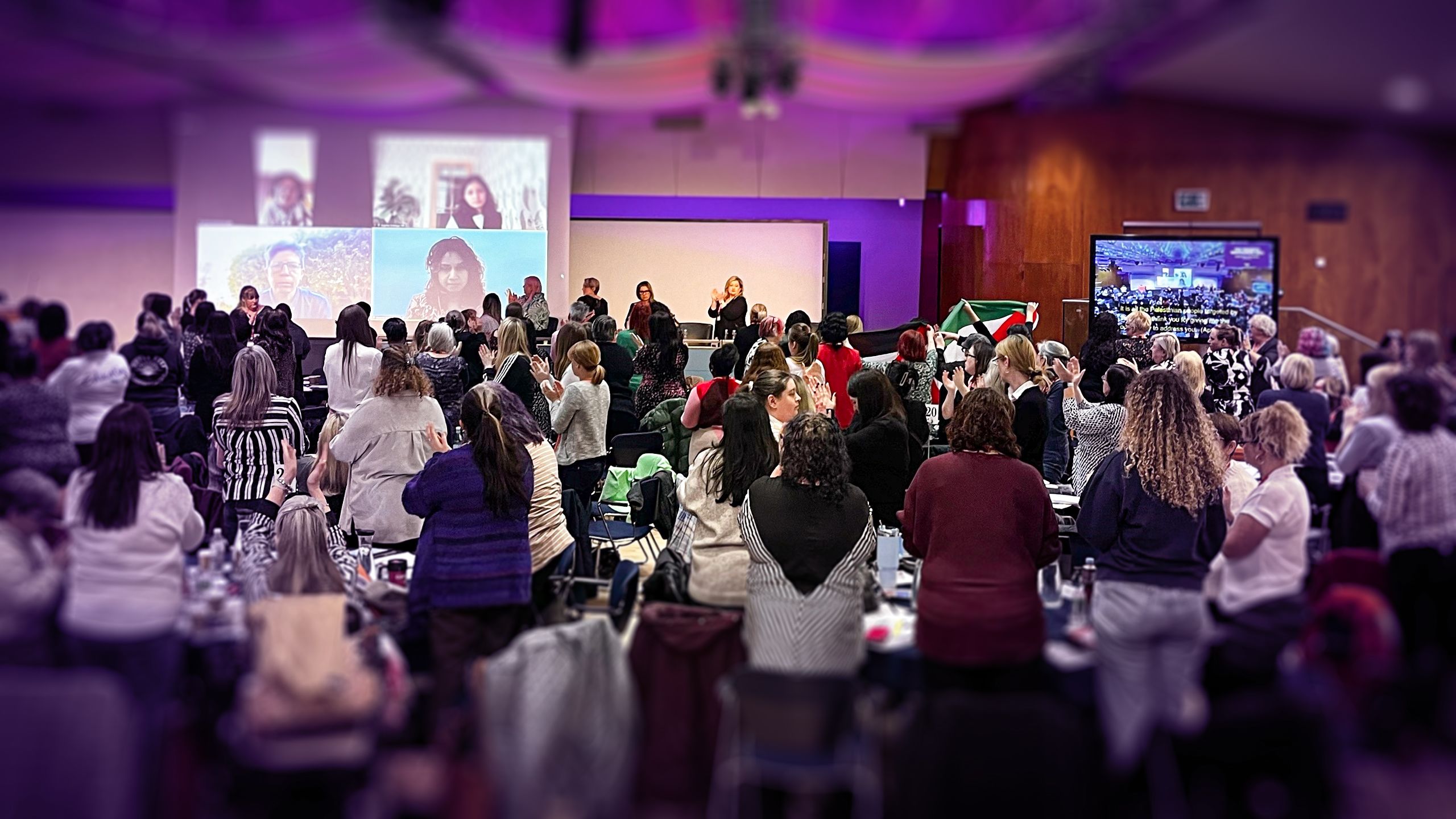

NATALIE ARNETT,
NAHT SENIOR EQUALITIES OFFICER
“The four equalities conferences feed into the overall work the TUC does in this area, including its equality strategy and national conference in the autumn,” points out Natalie Arnett, NAHT senior equalities officer.
“Over the last few years, we’ve been trying to grow our delegations to these events, and this year, we have had the largest number of members we’ve ever had representing us. This is exciting and, I hope, an indication of how NAHT’s equality, diversity and inclusion strategy is growing and impacting our members,” she says.
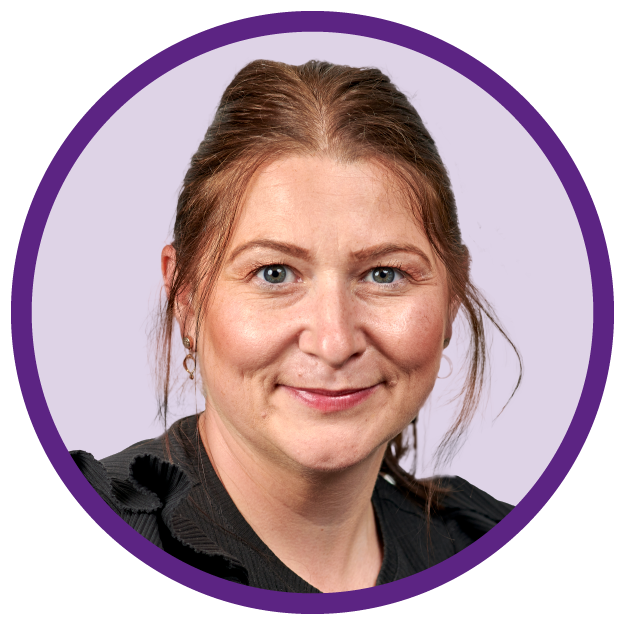
NATASHA NICHOLSON,
NAHT REGIONAL HEAD (NORTH EAST)
At a practical level, it is also about empowering and energising branches and regions on the ground, highlights Natasha Nicholson, NAHT regional head (north east). Given that NAHT can send 10 England-based delegates at a time (the TUC has different conferences for Wales and Northern Ireland) and has 10 regions in England, ideally, the aim is for one delegate from each region to attend each of the four conferences.
“We have made a real effort to ensure that, during our equality networks’ meetings, we encourage people to attend. Those who have attended have all come away with loads of ideas, feeling inspired and wanting to be more engaged and involved,” Natasha adds.
“I was amazed so many people were there; it was really well attended,” agrees Suzanne Owens about the TUC’s Women’s Conference. “The feeling of empowerment was palpable in the room. I hadn’t known what to expect, but you could feel that sense of partnership.”









NATALIE ARNETT,
NAHT SENIOR EQUALITIES OFFICER
“The four equalities conferences feed into the overall work the TUC does in this area, including its equality strategy and national conference in the autumn,” points out Natalie Arnett, NAHT senior equalities officer.
“Over the last few years, we’ve been trying to grow our delegations to these events, and this year, we have had the largest number of members we’ve ever had representing us. This is exciting and, I hope, an indication of how NAHT’s equality, diversity and inclusion strategy is growing and impacting our members,” she says.

NATASHA NICHOLSON,
NAHT REGIONAL HEAD (NORTH EAST)
At a practical level, it is also about empowering and energising branches and regions on the ground, highlights Natasha Nicholson, NAHT regional head (north east). Given that NAHT can send 10 England-based delegates at a time (the TUC has different conferences for Wales and Northern Ireland) and has 10 regions in England, ideally, the aim is for one delegate from each region to attend each of the four conferences.
“We have made a real effort to ensure that, during our equality networks’ meetings, we encourage people to attend. Those who have attended have all come away with loads of ideas, feeling inspired and wanting to be more engaged and involved,” Natasha adds.
“I was amazed so many people were there; it was really well attended,” agrees Suzanne Owens about the TUC’s Women’s Conference. “The feeling of empowerment was palpable in the room. I hadn’t known what to expect, but you could feel that sense of partnership.”
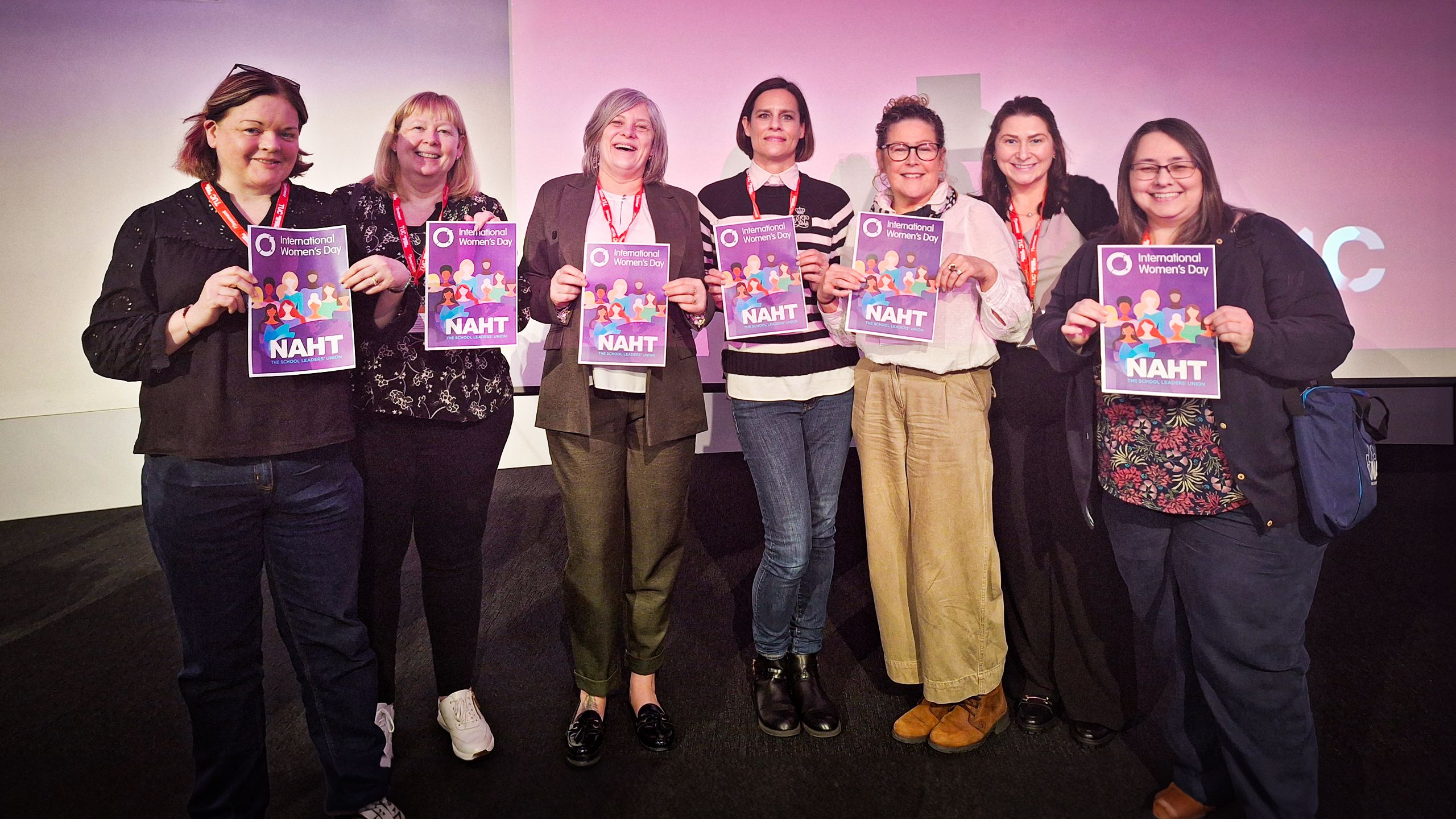
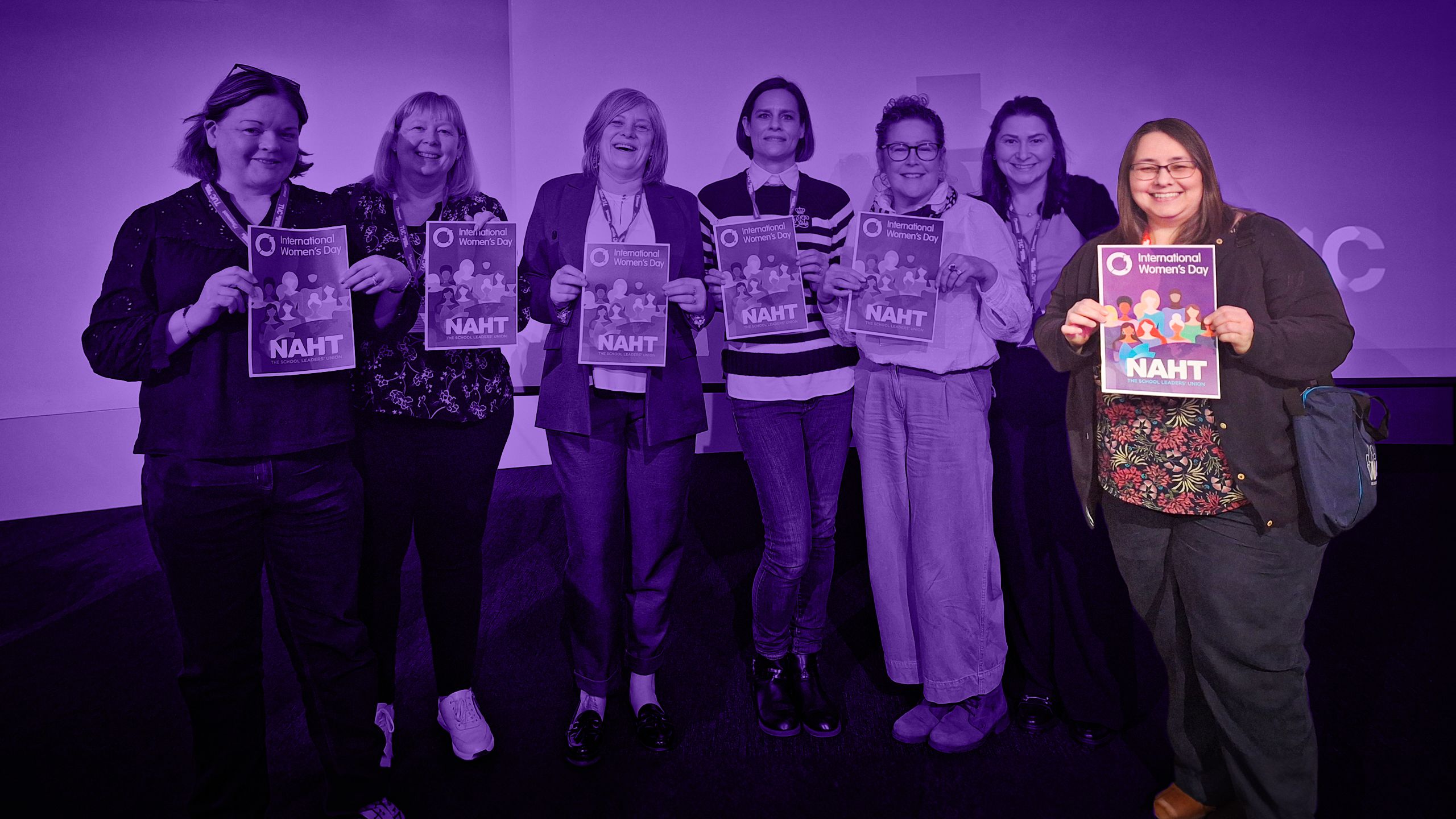
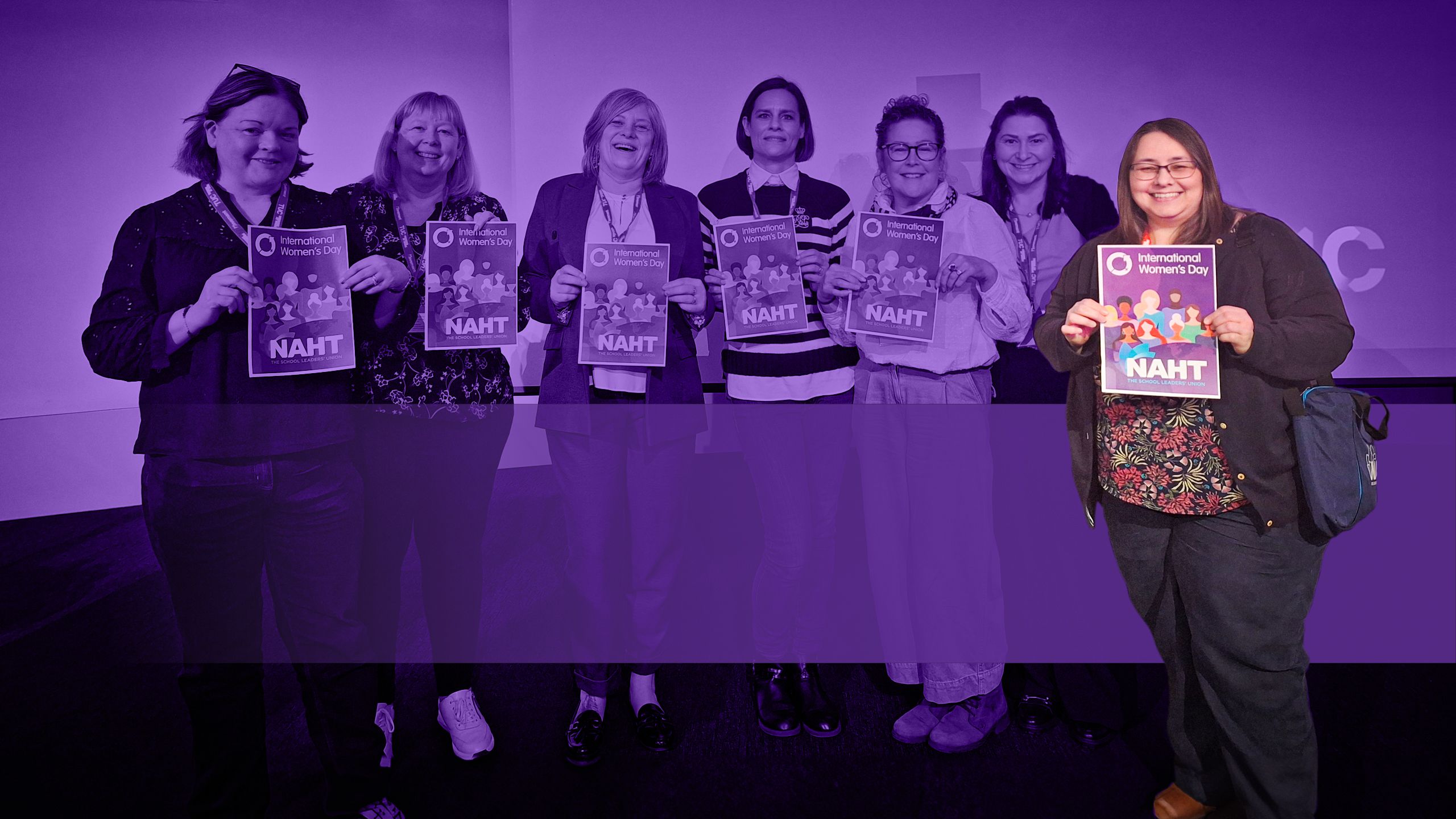
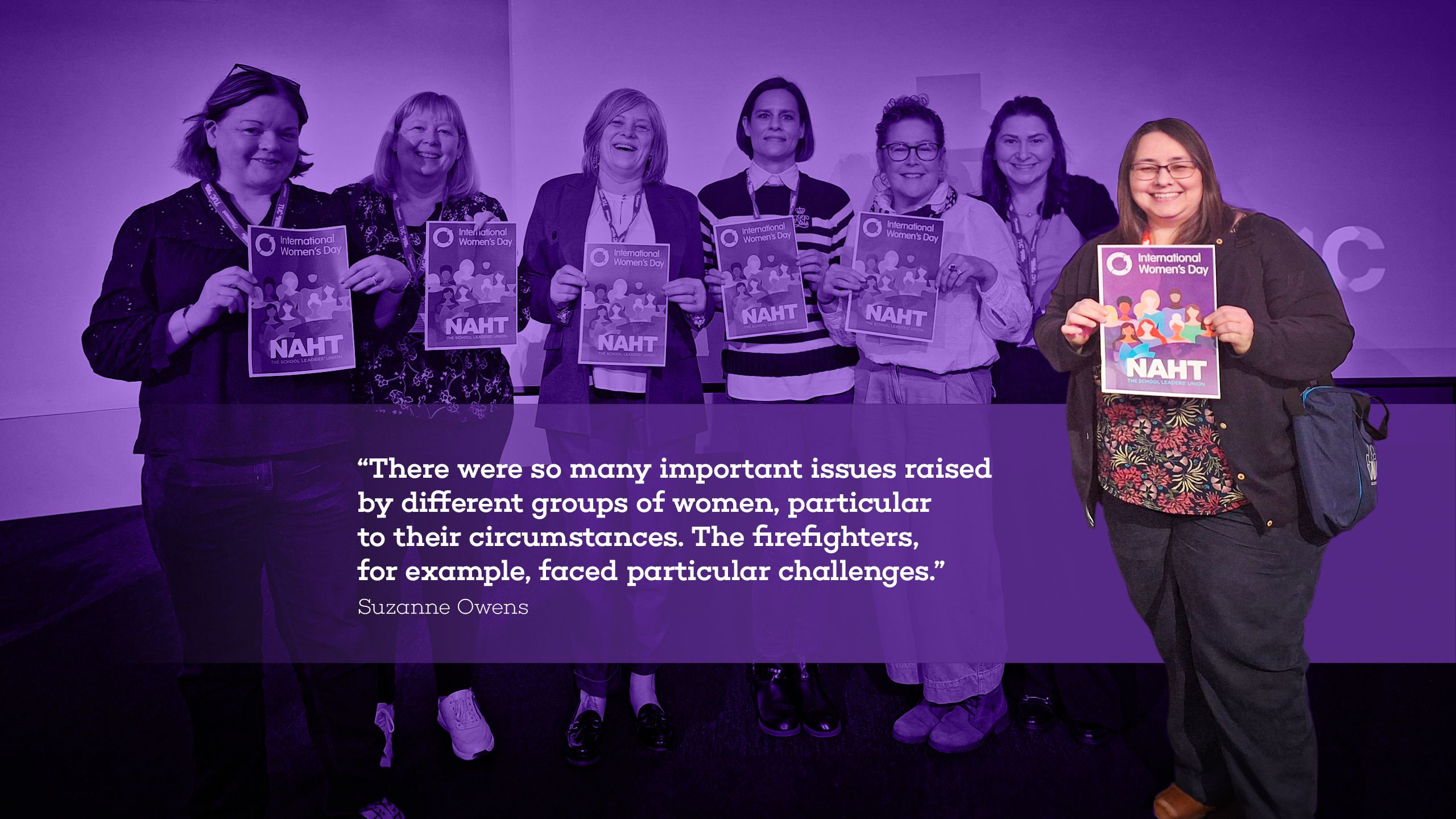
“Hearing people’s experiences first-hand, hearing some of the things that were happening to people, was eye-opening,” explains Suzanne.
“It was an opportunity to discuss some important issues and stand side by side in solidarity with other trade unionists to advance the rights of women. I couldn’t believe some of the inequalities people were still experiencing – in 2024.
“There is so much regarding equalities that still needs to happen within schools, and this is necessary because we are thinking of the future and the challenges we will all face. So, we need to make sure that NAHT, at both the branch and regional levels, as well as at the individual member level within schools, is tackling some of these issues before they become bigger societal problems.
“The conference was very focused on women’s rights and representation but also the safety of women in their workplace. On how we make workplaces safe, but also harassment and online abuse. That stood out for me.
“The fact, too, that this is a conversation that is relevant and important for everybody, not just women. If we have conversations about this, then things will improve. It was very powerful. It was there in the moment, and it was very inspiring.
“It is so important to meet people from other unions, build those relationships and make stronger connections with people. To recognise that we can all work together. The positivity and support we all felt was amazing,” Suzanne adds.
Although this year’s conferences may have concluded, NAHT is keen to maintain the momentum and interest in these closer links. Therefore, it urges members to keep an eye out for when the 2025 programme is published. You can register your interest in attending one of the 2025 conferences by emailing policy@naht.org.uk.
“It is about collectivism. It is also a way of finding out that you’re not the only person experiencing something and being able to both share and learn,” emphasises Natasha in conclusion.
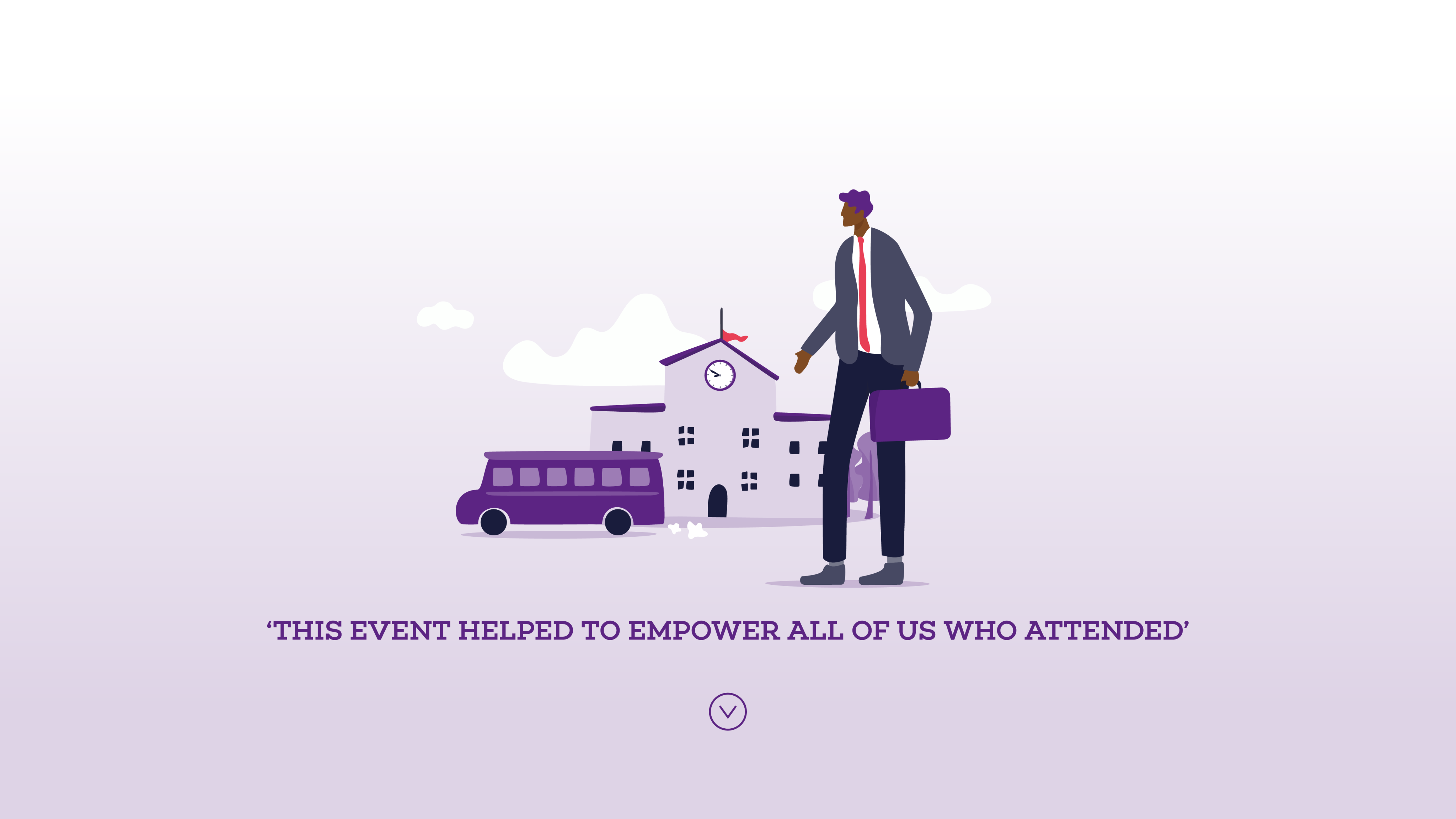


WENDELL GOPAUL,
HEAD TEACHER, SAINT ANNE’S CATHOLIC PRIMARY SCHOOL
Wendell Gopaul, head teacher at Saint Anne’s Catholic Primary School in Birmingham, attended the TUC’s Black Workers’ Conference in April.
“Attending this year’s TUC’s Black Workers’ Conference was a unique platform to address some of the specific issues faced by black workers within education while also promoting diversity, inclusion and career development.
“Black workers in the education sector – both teachers and senior leaders – face a range of challenges. These include racial discrimination, a lack of representation, pay disparities, bias and stereotyping, limited support systems, a curriculum often lacking in diversity, professional isolation, career progression barriers and racism from students.
“The conference gave me an opportunity to connect with peers, mentors and industry leaders who share similar experiences and backgrounds. It was my first visit to the event, and so seeing the variety of representatives from such a wide range of careers was hugely inspirational.
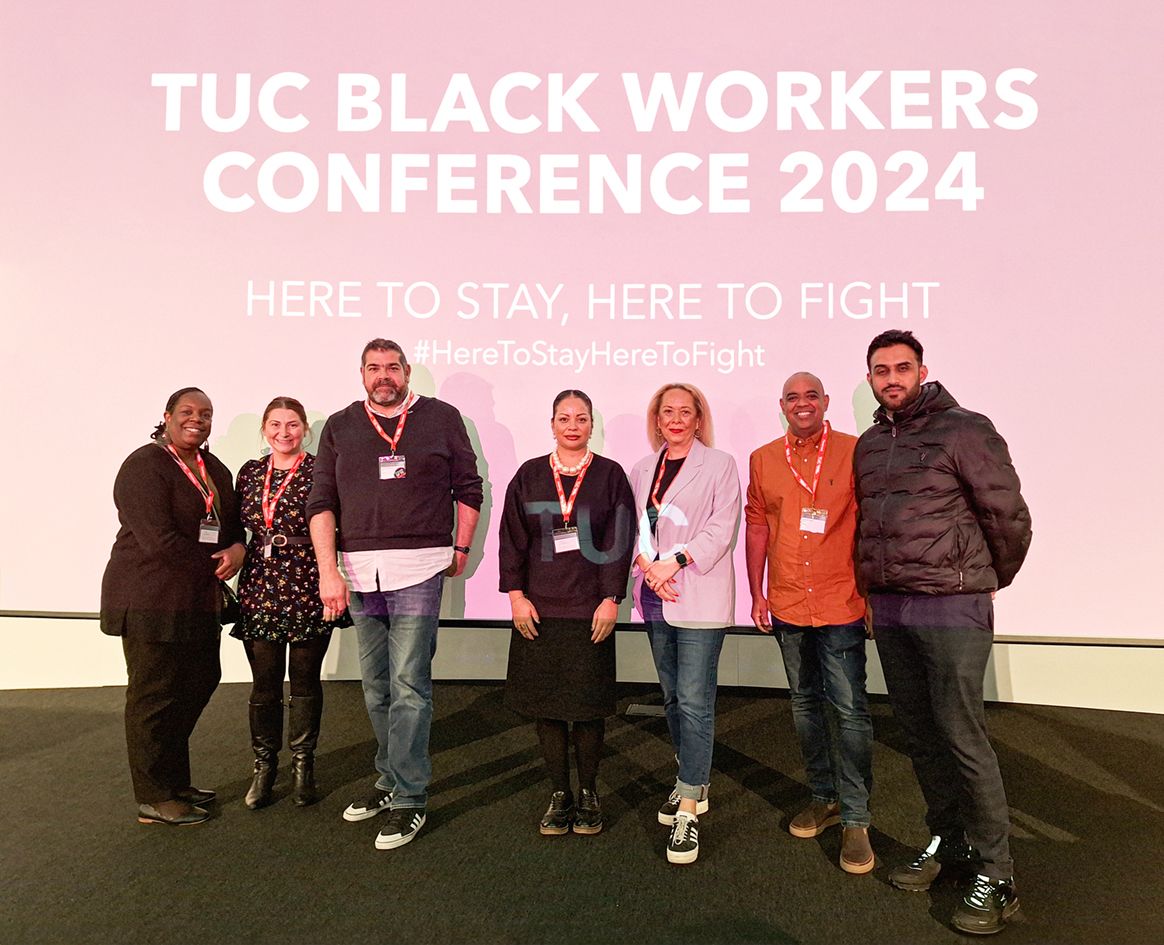
NAHT’s delegation at the TUC’s Black Workers’ Conference.
NAHT’s delegation at the TUC’s Black Workers’ Conference.
“I gained important insights from the workshops, seminars and keynote speeches. I also learned new strategies for overcoming workplace challenges, addressing discrimination and advocating for equitable policies.
“More broadly, attending the event was about helping to foster a sense of community and solidarity among black workers, creating a supportive network for personal and professional growth. It was also about hearing success stories and gaining inspiration from accomplished professionals, fuelling my motivation to achieve my personal and career goals.
“Ultimately, this event helped to empower all of us who attended. It provided us, as black educators and leaders, with the knowledge, connections and resources we need to succeed and drive positive change within the education system.
“There needs to be priority work on this within NAHT as we move towards an education system that puts its teachers, families and communities at its heart and values them. I would certainly recommend that members who are interested should consider attending this event in 2025.”

